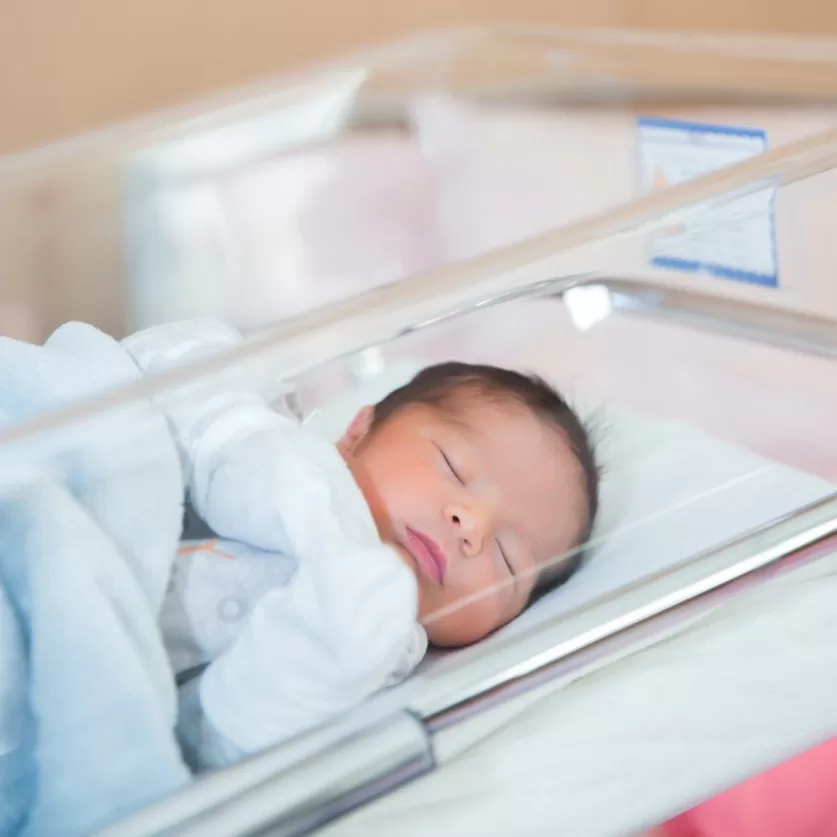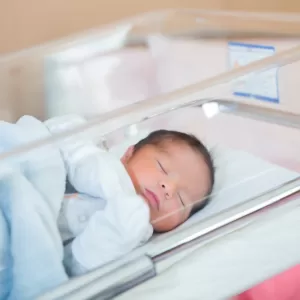The monsoon season brings a welcome respite from the heat but also introduces unique challenges, especially for delicate NICU (Neonatal Intensive Care Unit) babies. Premature or critically ill newborns in the NICU require extra care and protection to avoid complications associated with the rainy season. At Currae Hospital, we are committed to ensuring the safety and well-being of our NICU babies during this period.
Challenges of Monsoon for NICU Babies
Increased Risk of Infections: The monsoon season can lead to a surge in waterborne and airborne infections, such as respiratory infections and gastroenteritis. NICU babies, with their vulnerable immune systems, are at higher risk for these infections.
Humidity and Temperature Fluctuations: High humidity and fluctuating temperatures can affect the delicate balance of a NICU baby’s environment, potentially leading to issues such as hypothermia or dehydration.
Contaminated Water: Rainwater can often be contaminated, increasing the risk of infections if it comes into contact with the baby or the NICU environment.
Transportation Challenges: The rainy season can impact transportation to and from the NICU, potentially causing delays in receiving timely care or specialized treatments.
Preventive Measures and Safety Protocols
Strict Hygiene Practices: Ensuring strict hygiene and infection control measures is crucial. Regular hand washing, sanitizing surfaces, and using disinfectants can help prevent the spread of infections. NICU staff and visitors should follow these protocols diligently.
Monitoring Environmental Conditions: Maintaining a stable, controlled environment in the NICU is essential. This includes regulating temperature, humidity, and air quality to ensure a safe and comfortable environment for the babies.
Infection Surveillance: NICU staff should be vigilant about monitoring any signs of infections and implementing early intervention strategies. Routine screenings and prompt treatment can help manage and prevent the spread of infections.
Safe Water Practices: Ensure that all water used for cleaning and feeding is purified and safe. Avoid any contact with rainwater, and use sterile equipment for all procedures involving water.
Emergency Preparedness: Have contingency plans in place for emergencies related to weather conditions. This includes ensuring that backup power sources are available and that transportation plans are prepared in case of severe weather.
Visitor Management: Limit the number of visitors and ensure that anyone entering the NICU follows strict hygiene protocols. Educate visitors about the importance of hand washing and avoiding contact if they are unwell.
Education for Parents: Provide parents with information on how to keep their baby safe during the monsoon. This includes advice on recognizing signs of illness, maintaining hygiene, and understanding the importance of following NICU guidelines.
Support from Currae Hospital
At Currae Hospital, we take every precaution to ensure the safety and well-being of our NICU babies during the monsoon season. Our protocols include:
- Enhanced Infection Control: Implementation of rigorous infection control measures and regular staff training.
- Environmental Monitoring: Use of advanced systems to monitor and maintain optimal NICU conditions.
- Parental Guidance: Providing clear guidance and support to parents on how to care for their baby during the rainy season.
- Emergency Preparedness: Comprehensive plans to handle any emergencies related to severe weather or environmental changes.
Conclusion
The monsoon season presents unique challenges for NICU babies, but with careful planning and preventive measures, we can ensure their safety and health. At Currae Hospital, our dedicated team is committed to providing the highest standard of care and protection for our smallest patients during this time. By following best practices and staying informed, we can help our NICU babies thrive through the monsoon season and beyond.





